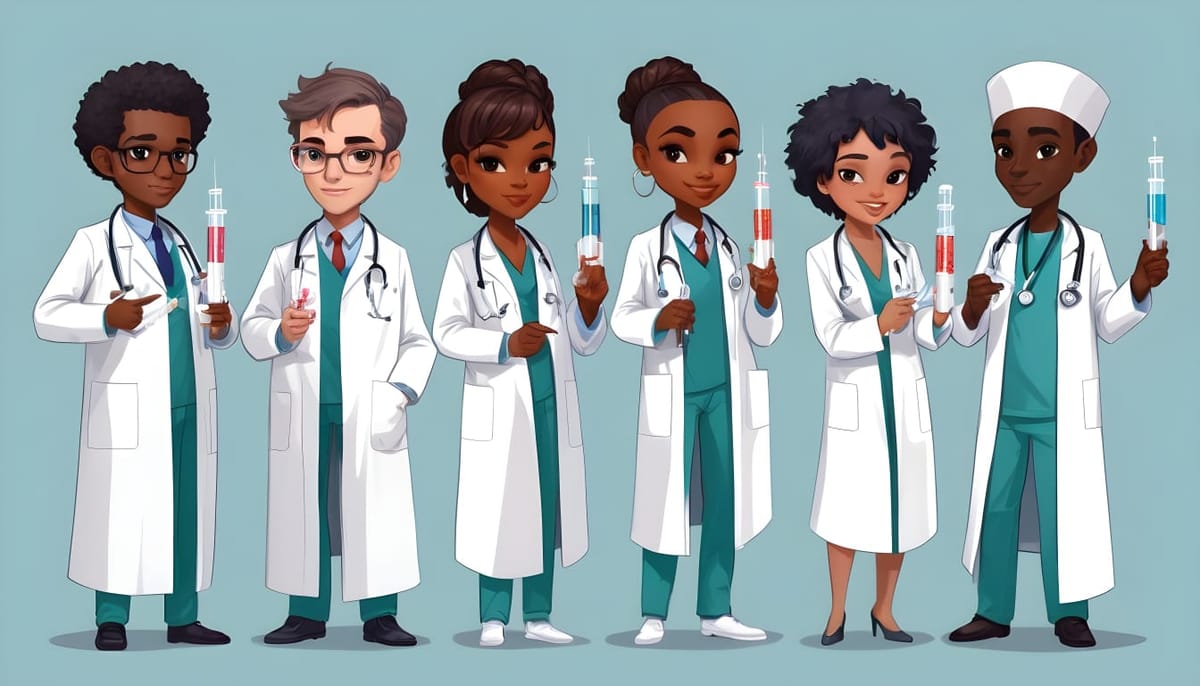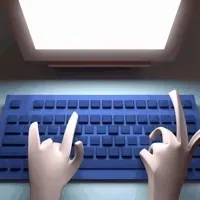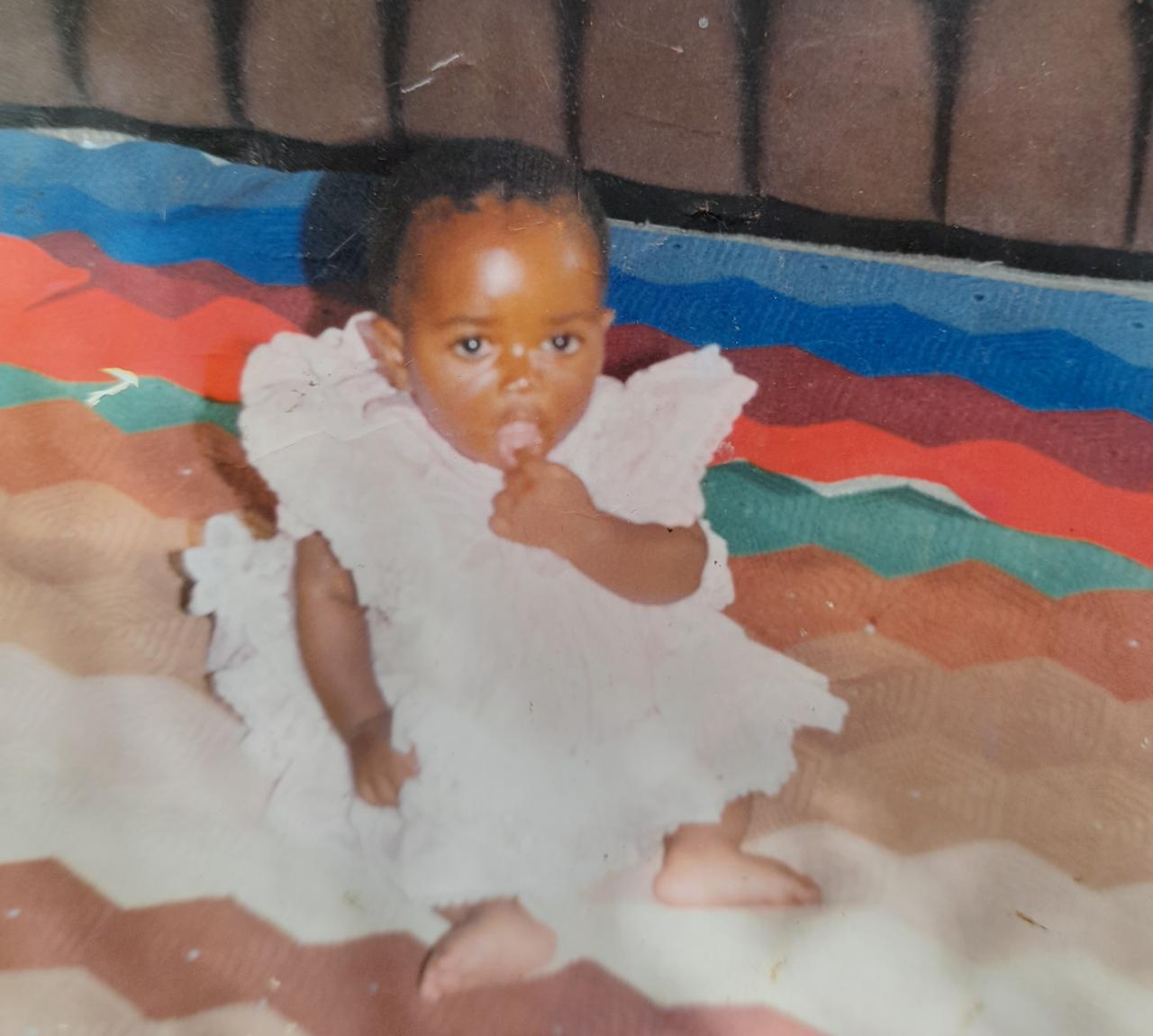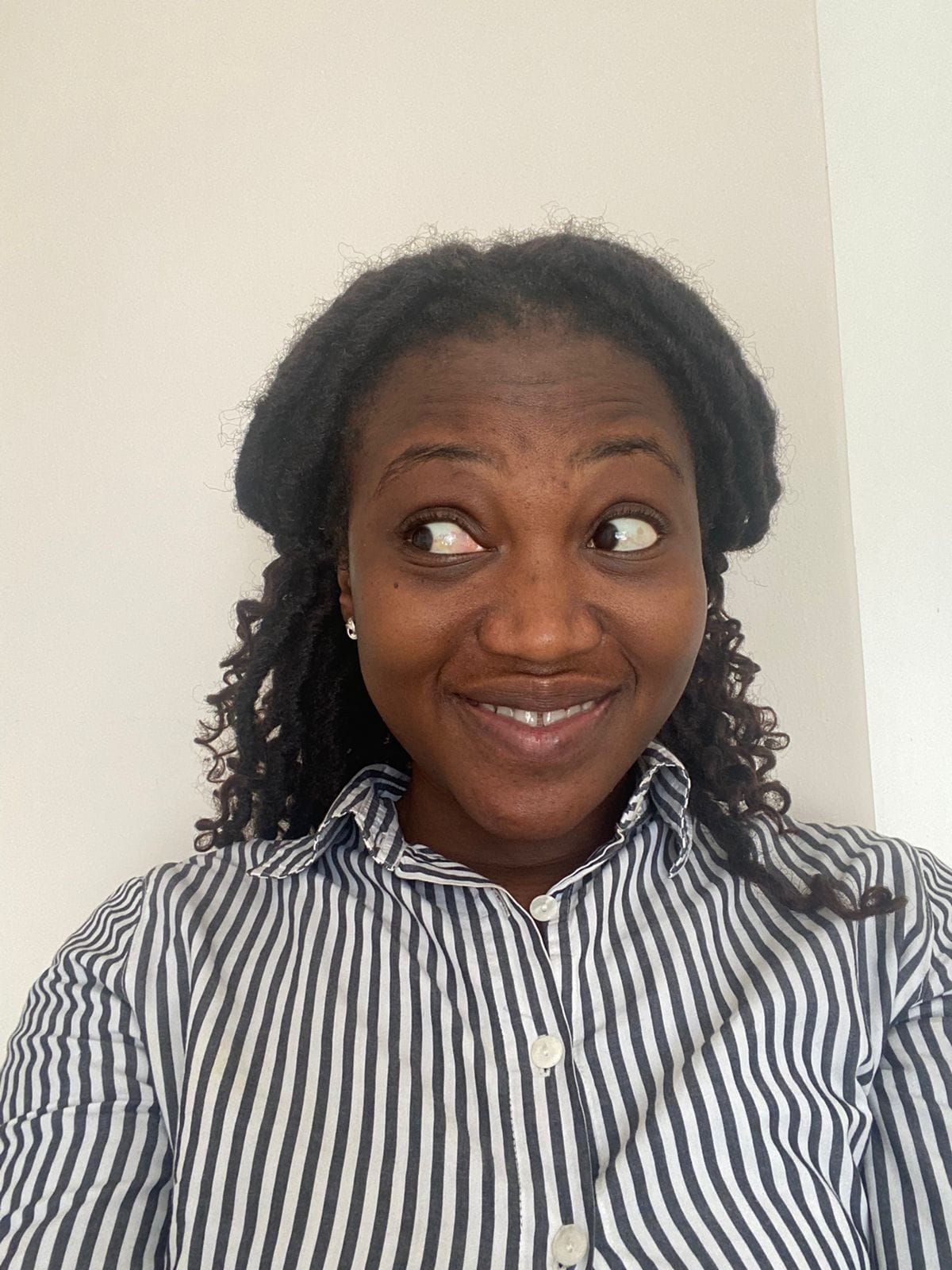Weekly update 29 July to 04 August

Weekly Update for the Anaesthesia Department
Hope everyone had a great weekend and is ready for the last week of July, which felt like the longest month!
Monday:
Good luck to everyone writing the FCA Part One exams today and Wednesday. We believe in you, so keep your heads high and stay motivated. Remember, perseverance and determination are your greatest allies.

Tuesday:
Please assist with correct time stamps when completing Centricity, as this will aid Dr. Barnes with her research.
- Patient in OR:
The time patient arrives IN theatre - Anaesthesia start time:
The time anaesthetic personnel moves patient to operating table/starts putting monitors on patient/putting up any line. Basically this is the start of any care towards the patient from anaesthetia’s side. - Preparation completed:
This will be the time that all preparation are complete from anaesthesia, surgical and nursing side. This is usually the time personnel starts scrubbing for the procedure. - Cleaning and draping complete:
When cleaning and draping is complete and surgery can start. - Surgery start:
Knife to skin (also known as “cutting time” on the nursing time sheet). - Surgery end:
The last action done by the surgeon. For example when the incision site is covered with primapore/ last plaster of Paris is placed by orthopedics. - Anaesthesia end time:
This is the time the patient is extubated/ready to leave theatre to go to PACU (or HCU/ICU if not PACU.) - Delays:
Please add all relevant delays under the CASE dropdown in the taskbar under TIMES-DELAYS.
If you cannot find the option there, please add a NOTE manually into centricity.
Please also remember to add the WEIGHT of the patient into case info.

Wednesday:
We bid farewell to another amazing anaesthetist, doctor, mentor, and all-around great person, Dr. Mokapela. The theatre space will be incomplete without her. We might still beg her for airway management tricks! We wish her all the best for the future and thank her for always having that amazing ability to see the potential in everyone.

If you haven’t already, please read Prof. Spijkerman’s article, "A Cognitive Load Theory Perspective of the Undergraduate Anesthesia Curricula in South Africa." Here are the key points:
- Background: Safe anesthesia is crucial for global safe surgery and equitable healthcare access. South Africa faces a significant disease burden and a lack of specialists, requiring junior, nonspecialist doctors to be effective from day one. However, graduating students report low self-perceived preparedness for administering anesthesia.
- Cognitive Load Theory: Defines three subtypes of cognitive loads: intrinsic (learning tasks), extraneous (distractions), and germane (learning processes). The study used this theory to explore students' experiences of their undergraduate anesthesia training.
- Methods: A constructivist cross-sectional descriptive study with data from 1336 respondents. Initial coding identified a lack of time to achieve expected outcomes, leading to further analysis using cognitive load theory.
- Results: High cognitive load was reported during anesthesia training, influenced by task number, complexity, and interactivity (intrinsic load); ineffective instructional methods and distractors (extraneous load); and program design, metacognition, and learner motivation (germane load).
- Conclusions: The COLOAD framework was developed, highlighting the interrelatedness of the cognitive load subtypes. This has implications for curriculum design, pedagogy, and student support. Enhancing germane cognitive load is crucial for achieving competence, and attention to the hidden curriculum and reflective practice can reduce cognitive load in complex learning environments.
Thursday:

It's a good day to check up on your parents. Recently, I had a scare when my dad was admitted to the hospital with chest pain. I realized through self-reflection that I am very avoidant. Although I knew he was ill and to be admitted, I decided to avoid the situation and came to work because "I had a Whipple." Only when my mum kept sending me photos of his medication, ECG, and CXR and bugging me with questions did I finally cry and decide I had to go home to face reality. Thankfully, he is fine and much better, but the incident made me realize that being a first-gen doctor isn't easy. We are expected to be strong, give advice, and look out for our loved ones while suppressing our own fears, which are amplified because of the traumas we deal with daily. So, I encourage everyone to take a moment and call your mum or dad or take a moment to self-reflect on your coping mechanisms.

Friday: A very happy birthday to Dr. Sambo! Praying for your success in your exams, and wishing you health and happiness always. Thank you for being such a joy and ray of sunlight to be around.

It's the weekend and time for academics. There are two presentations:
- Anaesthesia for EVAR/TEVAR by Dr. Ntsimane
- Statistics by Prof. Spijkerman
Saturday: Happy birthday to Dr. Narhyo! We wish her health, happiness, and joy. Thank you for being such a kind-hearted soul that brings warmth to those around you.

Have a great week ahead!


